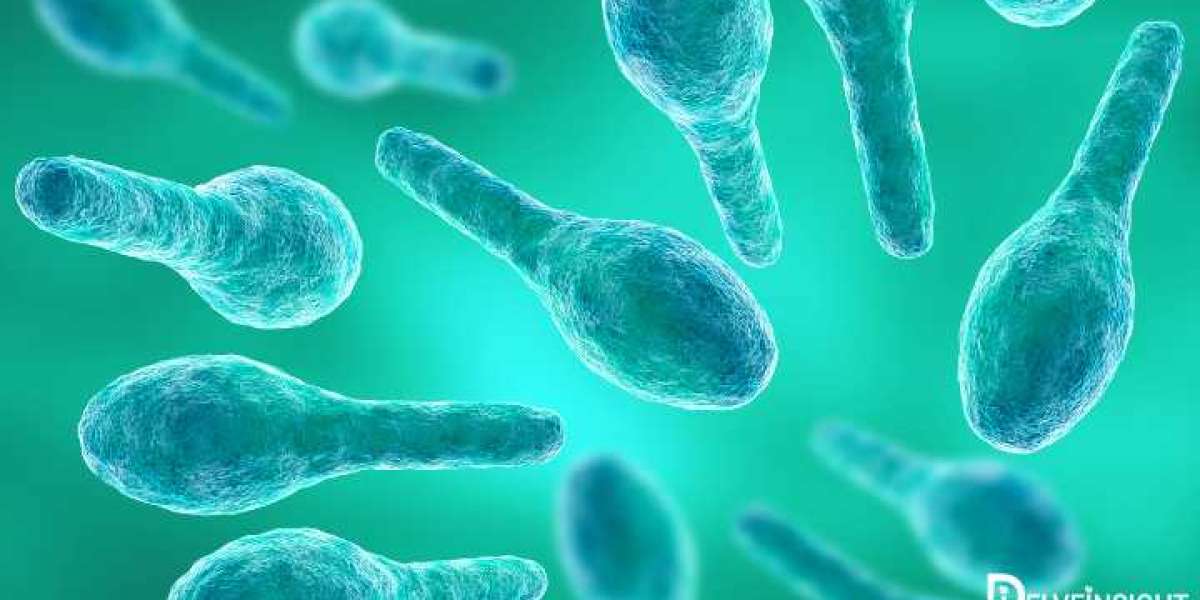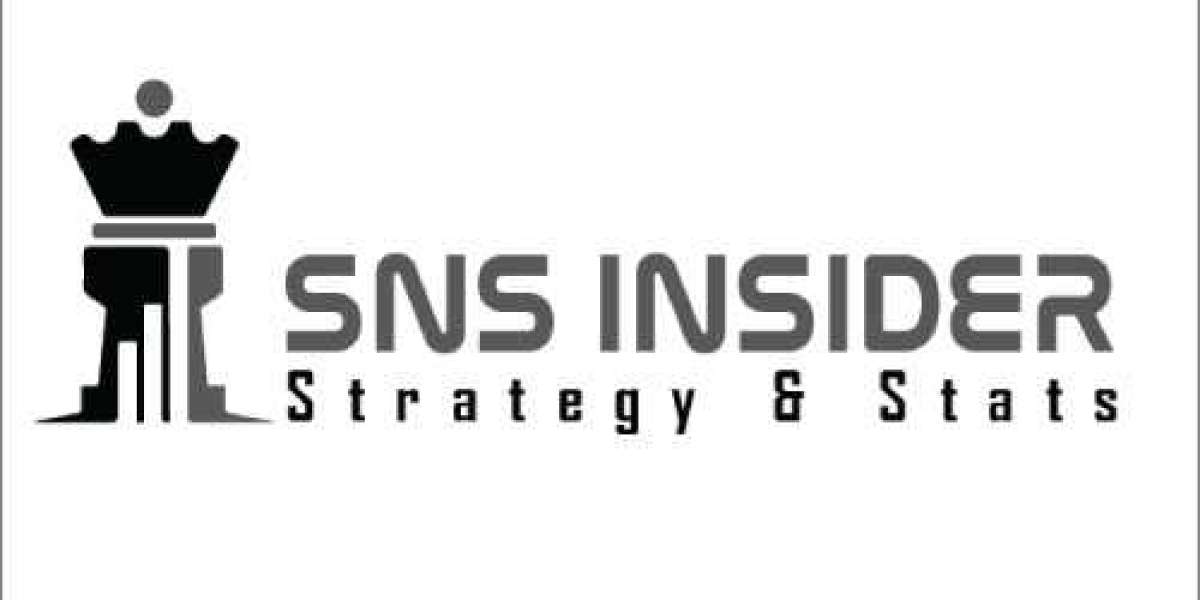The Importance of Delivery Systems
Effective delivery systems are critical in ensuring that therapeutic agents reach their intended targets within muscle cells. The major challenges in delivering DMD therapies include the complexity of muscle tissue architecture, the need for localized delivery, and the risk of triggering immune responses. Traditional delivery methods often fall short in achieving the required levels of therapeutic agents in the muscles without causing adverse effects. Therefore, advancing delivery systems is essential for maximizing the efficacy of DMD treatments.
Novel Approaches in Delivery Systems
1. Lipid Nanoparticles
Lipid nanoparticles (LNPs) have gained traction as a promising vehicle for delivering mRNA and other therapeutic agents. These nanoparticles encapsulate mRNA and protect it from degradation while facilitating cellular uptake. Their small size and biocompatibility enable targeted delivery to muscle cells, enhancing the effectiveness of therapies. LNPs have shown promise in clinical trials, providing a versatile platform for DMD treatments.
2. Adeno-Associated Virus (AAV) Vectors
AAV vectors are widely used for gene therapy due to their ability to deliver genetic material directly into target cells with minimal immunogenicity. Recent advancements in AAV engineering allow for improved targeting of muscle tissues, enhancing the specificity and efficiency of gene delivery. Ongoing research aims to optimize AAV serotypes and refine delivery methods to achieve better therapeutic outcomes in DMD.
3. Exosome-Based Delivery
Exosomes, naturally occurring vesicles released by cells, offer a unique approach to therapeutic delivery. They can encapsulate various biomolecules, including proteins and RNAs, and facilitate targeted delivery to recipient cells. Research is underway to harness exosomes for delivering DMD therapies, taking advantage of their biocompatibility and ability to cross biological barriers.
Overcoming Immunogenicity
One of the significant challenges in delivering therapies for DMD is the immune response triggered by foreign substances, particularly in the case of gene therapy. Strategies to minimize immunogenicity include using immunosuppressive agents, engineering less immunogenic delivery vehicles, and developing personalized therapies tailored to individual immune profiles. These approaches aim to enhance the safety and effectiveness of DMD treatments while reducing the risk of adverse effects.
Future Directions
As research continues to evolve, the future of DMD therapy delivery systems looks promising. Combining various delivery methods may yield synergistic effects, maximizing therapeutic efficacy while minimizing risks. Moreover, ongoing advancements in nanotechnology, molecular engineering, and biomaterials are expected to facilitate the development of innovative, efficient, and safe delivery systems.
In conclusion, overcoming the challenges of delivering DMD therapies is crucial for advancing treatment options and improving patient outcomes. The ongoing development of novel delivery systems holds great promise for enhancing the effectiveness of current and future DMD therapies, paving the way for more effective interventions in the fight against this debilitating disease.
Latest Reports
Chronic Rhinosinusitis Market | Critical Limb Ischemia Market | Deep Vein Thrombosis Market | Eosinophilic Asthma Market | Familial Amyloid Polyneuropathy Market | Fibrocystic Breast Condition Market | Helicobacter Pylori Infections Market | Hepatic Encephalopathy Market | Human Papilomavirus Market | Immunologic Deficiency Syndrome Market | Neuroblastoma Market | Nipah Virus Infection Market | Non Alcoholic Fatty Liver Disease Nafld Market | Opioid Induced Constipation Market | Parkinson’s Disease Market | Pcsk9 Inhibitor Market | Pediatric Obesity Market | Spasticity Market | Thymic Carcinoma Market | West Syndrome Market | 22q11.2 Deletion Syndrome Market | Acute On Liver Failure Market | Acute Pancreatitis Market | Acute Pharyngitis Market | Ada-scid Competitive Landscape | Adrenal Cortex Neoplasms Market | Adrenal Insufficiency Market | Adult Myopia Market







